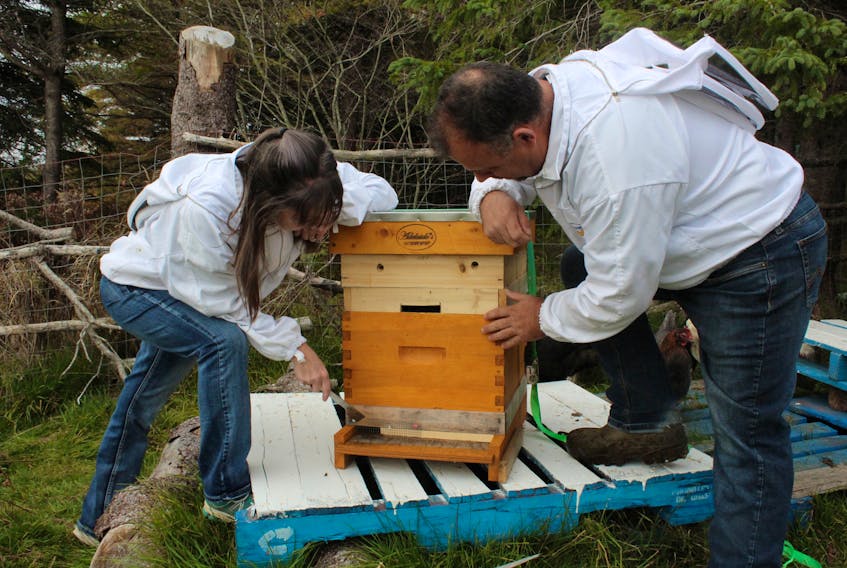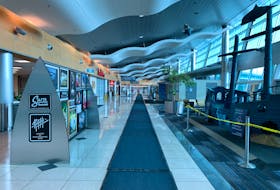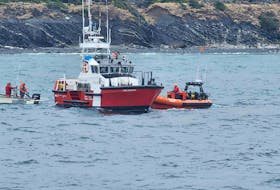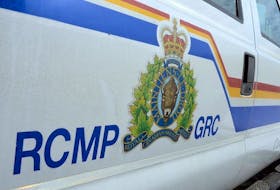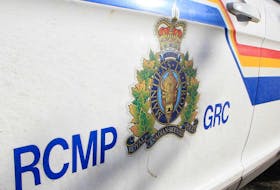You often hear people say they wish they could go back to the old days.
In today’s society, advancements and technology have taken over. But technology can’t run everything.
Just ask Brenda and Paul Dinn of the Goulds.
Brenda, a registered nurse who works in women’s health at the Health Sciences Centre in St. John’s, and Paul, a health and safety consultant, found a way five years ago to help curb the fast-paced lifestyle that everyone is caught up in.
“For many years we wondered what would be a good business to start on our property. We looked at raising sheep, egg production, growing Christmas trees, glamping (luxury camping) and so on,” Paul said.
About five years ago, a chance conversation with a friend alerted Paul to the fact his property contained an abundance of wildflowers, and one in particular — fireweed.
Not knowing anything about the plant, and fearing it could be an invasive species that would damage nearby vegetation, Paul started to research it, and what he found set his next move in motion.
Brenda said Paul is a great reader and researcher of things, so when he needed to find out about the foliage on his land and the ramifications of it, he went to work.
“I was thrilled to find out that fireweed is highly prized by beekeepers, as its nectar and pollen makes one of the world’s finest honeys,” Paul said.
“Some beekeepers even drive or fly their beehives great distances so that their bees can make honey from fireweed blossoms.”
Apiary opened
For the past five years, the Dinns have been operating an apiary in the acreage behind their home on the Back Line in the Goulds — Adelaide’s Newfoundland Honey Inc., a company named after Brenda’s mother and the first registered apiary in St. John’s.
“We had the land, the floral source and wanted to do something with bees,” Brenda said.
The land the Dinns own and work originally belonged to Paul’s great-grandparents, who raised 13 children there.
Paul said the family was self-sufficient, growing all their own vegetables and raising animals for meat and poultry.
Like so many others in that era, he said, the family suffered through tough times, but managed to survive as they were true pioneers who would saw logs to build their home and who used two large Newfoundland dogs to haul those logs.
Dinn said his grandmother made her own butter, bread and clothes.
The original homestead was passed down through the family, eventually landing with Paul and Brenda.
It was a perfect location to nurture their love of bees.
Adelaide’s has grown into a multi-faceted home-based operation that allows them to have beehives, increase the bee population and share the honey yield at markets in and around the St. John’s area.
To help share their love of bees, the Dinns have initiated an Adopt-A-Hive program (see fact box) for the province that will allow for the protection of honeybees, expand the population and give those who participate a new hobby to enjoy, while at the same time making a mark on the environment.
“We provide fully managed beehive rentals for homeowners and businesses in St. John’s, Mount Pearl, C.B.S. and the surrounding region,” Paul said.
Support for bees
In addition to the environmental footprint a beehive can leave, Dinn said bees — for him at least — are therapeutic.
He said just sitting in the evening or on a sunny afternoon and watching them go about their business is amazing and educational at the same time.
“People work so hard and are often said to be ‘busy as bees.’ It’s so true. The bees, they all work together and are a good example of what team-building is about,” he said.
The government recognizes the importance of bees, too. A section of The Way Forward plan points to the island of Newfoundland as one of three areas in the world recognized for having a clean environment, wildflowers and, in turn, a healthy bee population.
The other regions are the Isle of Man and Western Australia.
In addition, the City of Mount Pearl has passed a bylaw that allows each resident to have two hives on their property.
“We are an island, so this is a protected habitat,” said Brenda, who operates the business end of Adelaide’s Newfoundland Honey Inc.
She said the potential for agriculture-based tourism is untapped. Opportunities could include an educational component, as the Dinns will go into schools and speak to children about the importance of the bee population and what can be done to protect and enhance it.
“We show the honeycombs at the market. People are really interested in what we do, and stop by just to talk about it,” she said.
Brenda said as they continue to build their company, the product is gaining in popularity — they sold out their entire stock in one day at the market this year.
“It is raw, local honey that goes directly from the hive to the bottle. There is no processing involved,” she said.
How to Adopt-A-Hive
If you’re passionate about gardening, concerned about wildlife and the environment, and determined to make a difference to ensure honeybees exist in the province for future generations, you might consider sponsoring a beehive or two.
“We handle all of the work so that you can enjoy the charm of the hive, learn about beekeeping, pollinate all your flowers and enjoy pure local honey from your own backyard. We even have a honeybee farm to keep a hive for you if you don’t have the space,” Paul Dinn said.
The program includes:
• Provincial registration.
• Regular checks of hive activity.
• Regular hive inspection.
• Newfoundland honeybees.
• Equipment.
• Transportation and installation.
• Insurance.
Anyone interested in getting a hive can contact Paul Dinn via Facebook and he will make arrangements to come to your property for an assessment to see if the location is appropriate for a hive.
“I won’t put one there if it is not ideal,” he said. “My big thing is no one is losing their bees. I don’t care, I will do all I can to save them.”
Paul and Brenda Dinn of Adelaide’s Newfoundland Honey can also be contacted by calling 709-685-6899 or via https://www.facebook.com/AdelaidesHARPP/.

